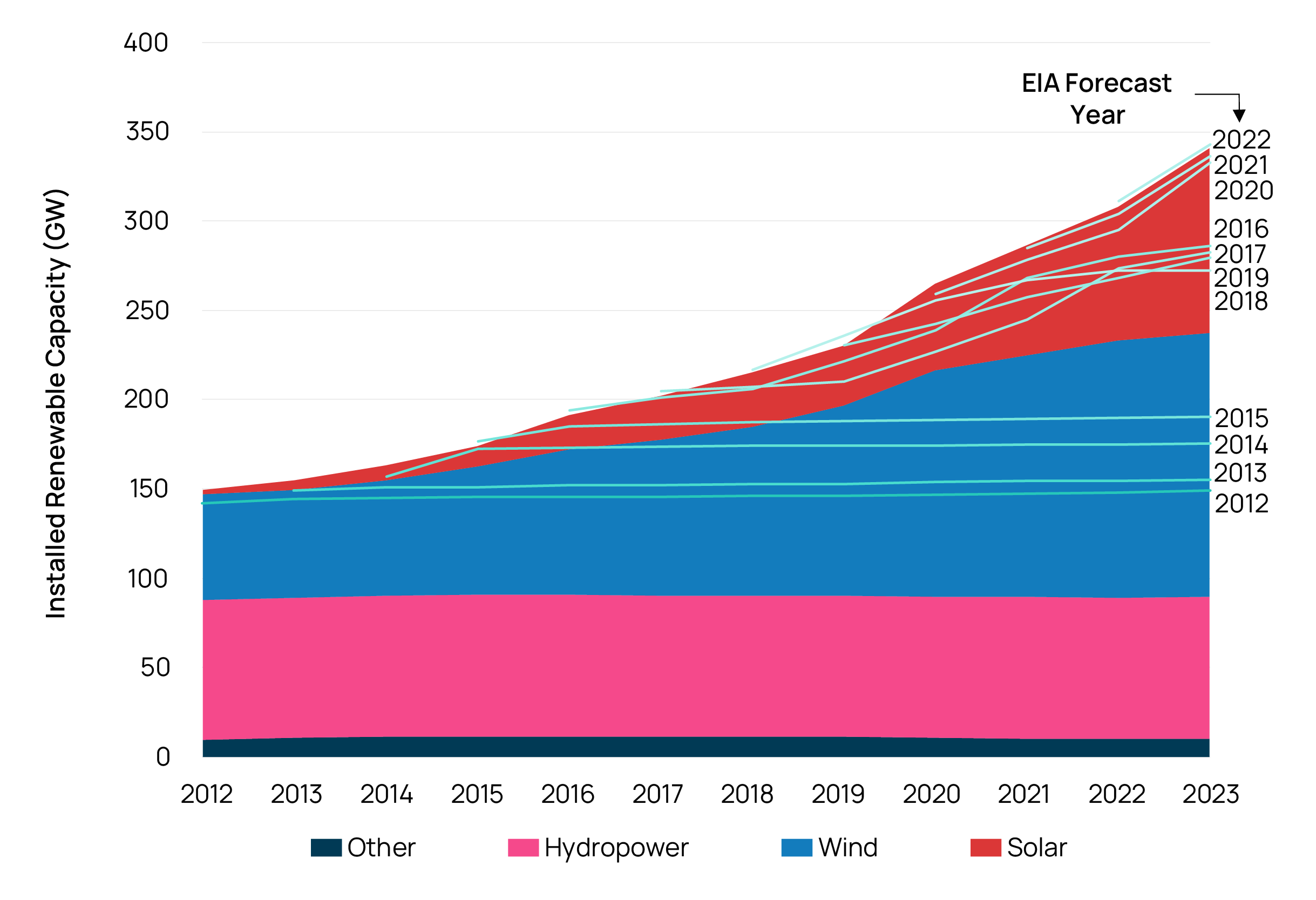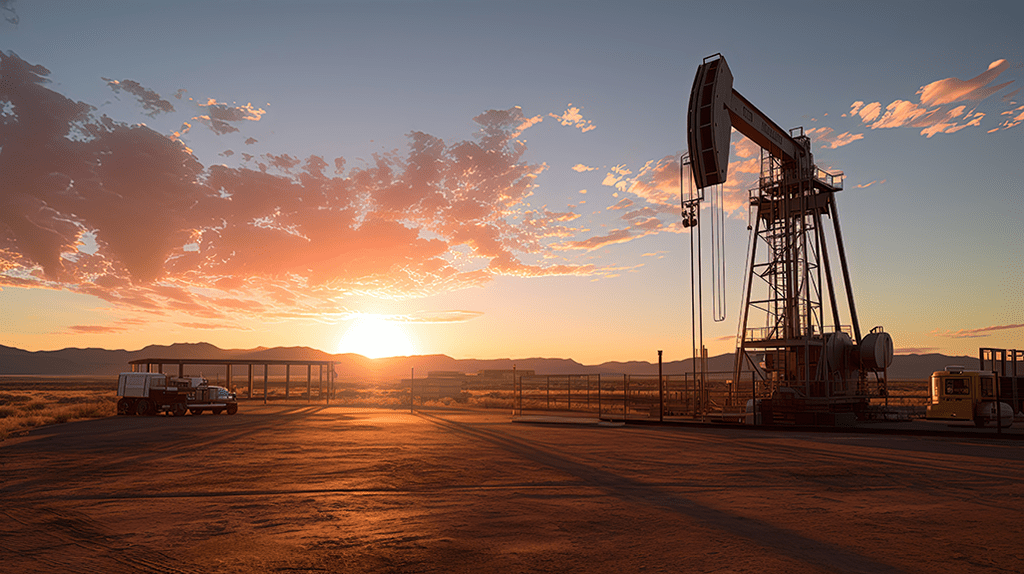After all you put me through
You’d think I’d despise you
But in the end, I wanna thank you
‘Cause you made me that much stronger
– “Fighter” by Christina Aguilera
By Brook Papau
CEO, Orennia
Changing the world’s energy supply stack is no small undertaking. Hydrocarbon resources have enabled a way of life that few could have imagined 150 years ago. Indeed, the proliferation of abundant cheap energy literally pulled billions of people out of poverty. However, its been over a decade since any meaningful shale discoveries have been made in America. While the shale revolution re-established the country as an energy superpower, what comes next? Put simply, when the shale is drilled up, that’s the end of one era of American energy. The real question is: is it the start of a second?
As a Canadian, I bring an outside perspective on America’s culture. You’re our big brother. Our two countries don’t always get along perfectly, but when a schoolyard bully steps up, we’ve always got your back and you’ve always had ours. We differ, however, as Canada’s place in the Commonwealth of Nations provides a sense of cultural similarity to other nations. We maintain connections to the United Kingdom, Australia, New Zealand, India, etc. By contrast, America’s cultural identity has always been akin to that of an island nation (albeit an incredibly large island).
An island nation’s desire for full independence is in its cultural DNA. It’s why I believe the UK ultimately left the EU (can you imagine a world where the US would join an entity like the EU?). This desire for independence extends to energy, and during times when energy independence was in jeopardy, from the late 1970s to early 2000s, the US enacted foreign policy that today it almost surely regrets. This begs the question: What happens when the drilling locations run out in the Permian and energy independence is again under threat?
Critics of the energy transition (solar, wind, storage) usually lob two broad claims against it: namely, that it’s expensive and it’s slow to deploy. The first claim is demonstrably incorrect as cost declines in wind, solar and now storage have been well documented. The second claim is a bit more nuanced as the requirement is to upend over 125 years of infrastructure in one of the largest industries in America. Even though development is occurring far more rapidly than any agency has predicted (see below), it will take time.
Figure 1. Installed Renewable Capacity

Renewables have the mother-of-all covariance problems as the wind blows and the sun shines all at once. Storage will alleviate some of this, and we continue to see incredible strides made here in terms of cost decreases and capacity build-outs, but we will certainly need contributions from gas-fired peaking plants and eventually hydrogen (essentially as another form of storage).
As America solves its energy resiliency issues via storage, price volatility will drop. And that’s more important than people realize because predictability will mean more certainty in financial markets, and less volatile financial markets mean increased valuations of American companies.
There is a lot of evidence that hydrocarbons will be around for a long time AND that solar, wind and batteries will grow substantially for many years. It is true that the transition will take time, but America has already begun in earnest. Most policymakers and pundits agree, the world needs more energy, not less.
When the last well is drilled into in the Permian, it will herald the end of one American energy era. At Orennia, we’re working hard to ensure it also signals the full-throttled start of another. Energy certainty in a post-hydrocarbon world will mean America will be safer and its great industries more valuable.
Figure 2. Pumpjack in the Permian Basin at Sunrise


Brook works with investors and business leaders in the energy transition space as they transform their strategies to leverage advanced analytics and artificial intelligence. Prior to founding Orennia, Brook launched the industry’s first energy sector specific ESG & GHG emissions analytics platform.
Get our latest insights and expert perspective delivered right to your inbox.



